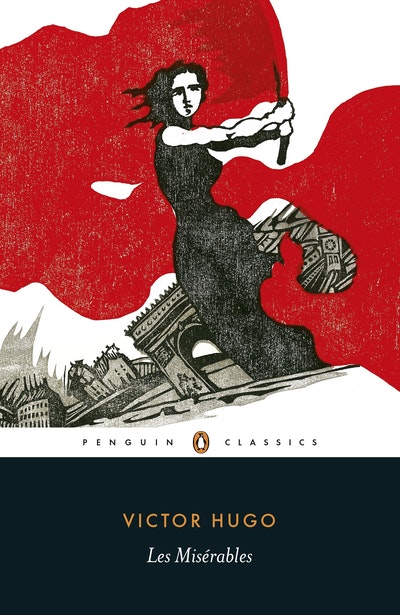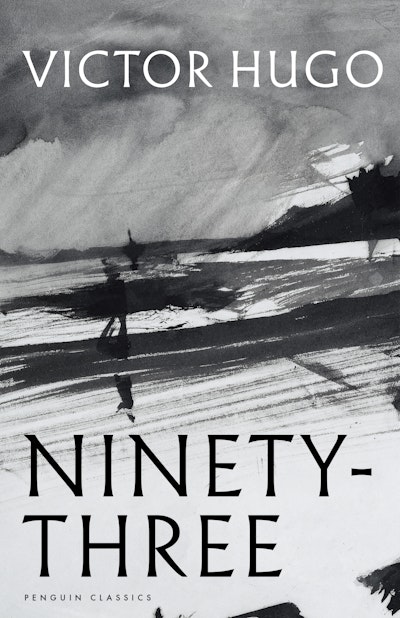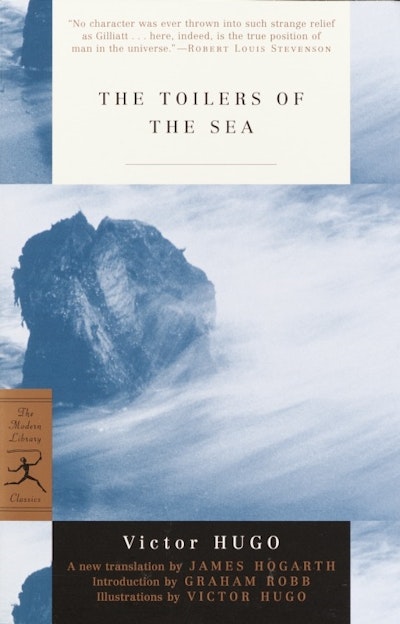With carefully adapted text, new illustrations, language practise activities and additional online resources, the Penguin Readers series introduces language learners to bestselling authors and compelling content. Titles include popular classics, exciting contemporary fiction, and thought-provoking non-fiction.
Les Misérables, a Level 4 Reader, is A2+ in the CEFR framework. The text is made up of sentences with up to three clauses, introducing more complex uses of present perfect simple, passives, phrasal verbs and simple relative clauses. It is well supported by illustrations, which appear regularly.
In nineteenth-century France, life was hard for many people. Victor Hugo's famous book tells the story of Jean Valjean, who spends 19 years in prison for stealing bread. When Valjean leaves prison he starts a business and tries to become a better man, but Javert the policeman will do anything to stop him.









